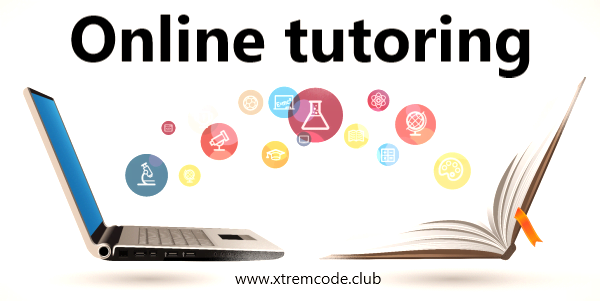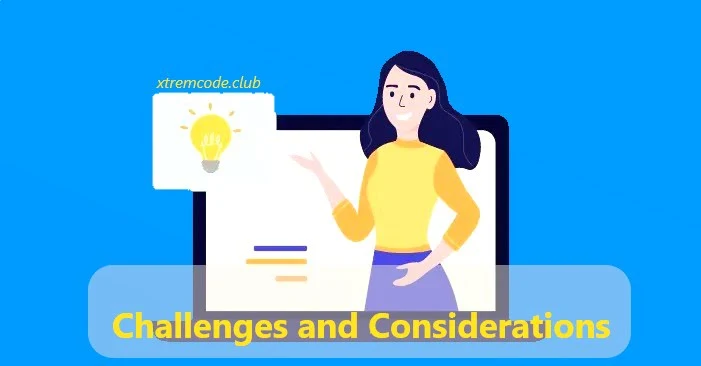Introduction
The education landscape has seen a significant transformation in recent years, thanks to the rapid advancement of technology. Traditional classroom learning is no longer the only option for students seeking to expand their knowledge and skills. Online tutoring and e-learning have emerged as powerful tools in the educational arsenal, offering students and learners of all ages unprecedented access to high-quality education from the comfort of their own homes. In this article, we will explore the impact and advantages of online tutoring and e-learning, as well as the challenges they present.The Rise of Online Tutoring
Online tutoring, also known as virtual tutoring or remote tutoring, has experienced a tremendous surge in popularity. This excrescence can be chalked up to several crucial factorsAccessibility: Online tutoring removes geographical barriers, enabling students to connect with expert tutors or instructors worldwide. This has been particularly beneficial for students in remote areas or those who cannot access traditional in-person tutoring services.
Convenience: Learners can schedule sessions at times that suit their schedules, allowing for flexibility and minimizing the need for time-consuming commutes to physical tutoring centers.
Personalization: Online tutoring platforms often use advanced algorithms to match students with tutors who have expertise in their specific subject areas. This personalization ensures that learners receive targeted support.
Diverse Subjects: Online tutoring isn't limited to traditional academic subjects. It covers a wide range of topics, from mathematics and science to music and art. This breadth of options caters to a wide array of interests and needs.
E-Learning: A Paradigm Shift in Education
E-learning, short for electronic learning, refers to the use of technology to deliver educational content. It encompasses various forms of digital learning, including online courses, webinars, educational apps, and even Massive Open Online Courses (MOOCs). E-learning offers a plethora of benefits, including:Global Reach: E-learning platforms enable institutions to reach a global audience, making quality education accessible to learners around the world.
Self-Paced Learning: E-learners have the flexibility to study at their own pace. This self-paced learning is especially advantageous for individuals with busy schedules or those juggling work and education.
Multimedia Resources: E-learning modules often incorporate multimedia elements, such as videos, interactive quizzes, and simulations, making learning more engaging and effective.
Cost-Effective: E-learning can be a cost-effective alternative to traditional education, as it eliminates expenses related to commuting, textbooks, and physical infrastructure.
Challenges and Considerations
Technology Barriers: Not all students have access to reliable internet connections or suitable devices, which can create inequities in access to online education.
Self-Discipline: E-learning requires a high degree of self-discipline and motivation. Some students may struggle with the lack of in-person accountability.
Quality Control: The quality of online tutoring and e-learning can vary widely. It's important for learners to choose reputable platforms and institutions to ensure they receive a high-quality education.
Social Interaction: Traditional classrooms provide opportunities for social interaction and collaboration, which online learning can lack. Educators should consider ways to incorporate these aspects into the digital learning experience.
Conclusion
Online tutoring and e-learning are revolutionizing education by making it more accessible, flexible, and personalized. These technologies have proven particularly beneficial during times of crisis, such as the COVID-19 pandemic, when traditional education models were disrupted. However, it's essential to address the challenges associated with online learning, including technology barriers and the need for social interaction. As technology continues to advance, online tutoring and e-learning are poised to become integral components of the modern educational landscape, offering learners new and exciting opportunities to expand their knowledge and skills.
Labels:
business services


